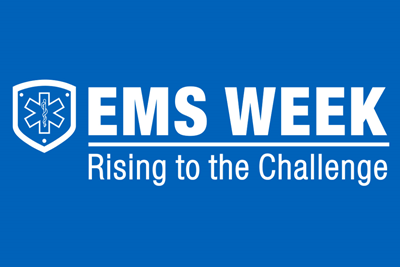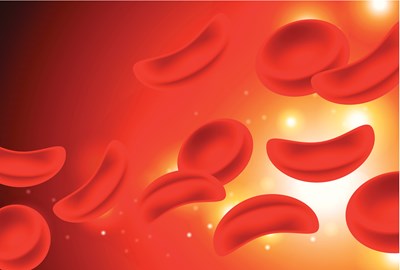Sickle cell disease (SCD) is considered a rare disease but it is the most common genetic blood disorder and affects approximately 100,000 Americans, primarily of African and Hispanic descent. Individuals with sickle cell disease can experience multiple life-threatening problems during their lifetime.
Emergency physicians close gaps in care for many SCD patients who have difficulty accessing long-term or chronic care, whether due to shortages in trained experts nearby, cost barriers or other complex factors.
SCD requires a complex support network and unfortunately that support is not available in every community. Emergency physicians can be the only source of care for SCD patients with no access to regular primary care. In fact, one study found that individuals with SCD visit the emergency department an average of 3 times per year from the teenage years through middle age.
Barriers to access can be complex and due to medical and social factors. More research needs to be done to effectively address challenges like stigma on those who seek treatment, patient stereotypes, and patient perceptions of the health care system. While it is promising that SCD care has improved in recent decades, it is clear that these barriers increase health risks for SCD patients.
In recognition of the need to improve the care offered to patients with sickle cell disease in the ED, the American College of Emergency Physicians in collaboration with multiple public, private and professional partners created the Emergency Department Sickle Cell Care Coalition.
By promoting evidence-based emergency care and optimizing provider-patient-family communication in the delivery of emergency care for patients with sickle cell disease, the coalition provides a national forum dedicated to the improvement of emergency care for patients with sickle cell disease in the US.
The Emergency Department Sickle Cell Care Coalition focuses on:
- Dissemination of research findings to local, regional and national stakeholders;
- Education of ED providers and patients regarding the appropriate management of sickle cell disease-related pain and other complications;
- Advocacy efforts directed towards appropriate federal, state and local governments, and professional organizations;
- Outreach and educational efforts to patients and families working to develop community partners; and
- Development of appropriate metrics to improve the emergency care of patients with sickle cell disease.
Participating Organizations in the Emergency Department Sickle Cell Care Coalition:
- American College of Emergency Physicians
- American Academy of Pediatrics
- American Society of Hematology
- American Society of Pediatric Hematology/Oncology
- Centers for Disease Control and Prevention
- Emergency Nurses Association
- Health Resources and Services Administration
- The Joint Commission
- National Heart, Lung and Blood Institute
- Sickle Cell Disease Association of America
- Sickle Cell Foundation of Tennessee
 American College of Emergency Physicians
American College of Emergency Physicians







